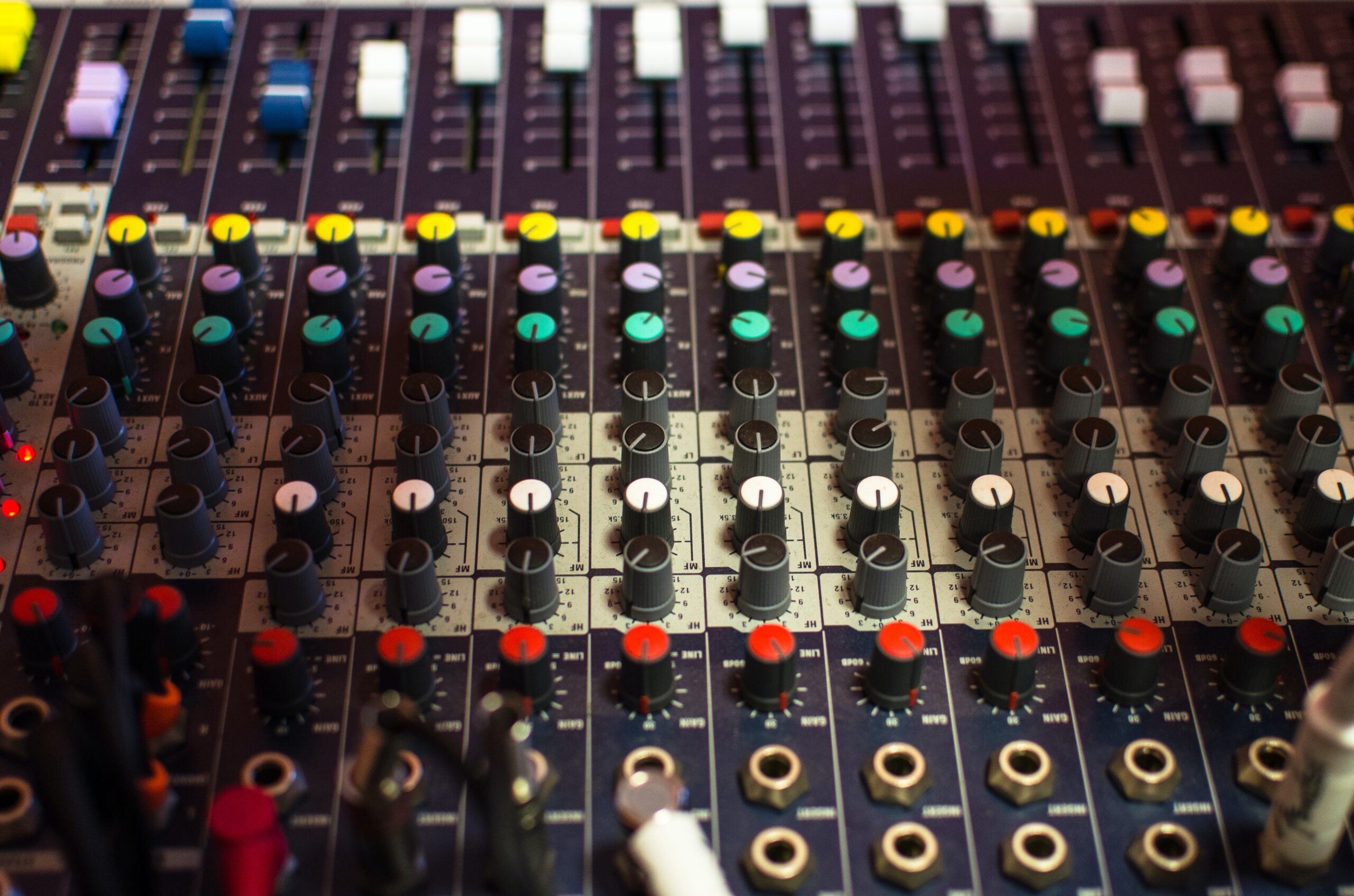In our modern world, journalism exists in various forms and platforms. It is not just limited to news channels or newspapers anymore as we can now witness news from every part of the world in multiple ways.
Just like that, there is radio journalism that belongs to the family of broadcast journalism. But many might ask, what is radio journalism? Hence, we are here to explain everything on this matter.
What is Radio Journalism?

Radio Journalism is a distinct field of journalism where the journalists relay news and information through audio. Using radio as a medium, just like regular journalists, they collect important content and present it to their listeners.
What do Radio Journalists do?
1) Usage of Audio
Their main asset is their usage of sounds to keep the public hooked to their content. Through interviews, podcasts, and press conferences, they provide the audience with an elevated audio experience that transports the listeners to the scene.
2) Speaking in a Skilled Manner
Voice is an essential component while being a radio journalist. As the visual medium is not present here, to make the masses feel as included as possible, they must use their voice in various tones and ranges to give it a character of its own.
3) Technically Skilled
Most of the time, radio journalists handle the editing and recording of the audio themselves. So to some extent, they need to be multi-talented to execute their daily work duties.
4) Conducting Interviews
One must be skilled in interviewing department as they’ll have to execute it in a way that will be as clarifying as possible to their audience as they can only hear and not see what is happening.
How to Become a Radio Journalist?

If you are also interested in how you can become a Radio Journalist, then there are specific steps that you need to follow first.
1) Getting a Proper Degree
For this job earning a graduate degree in mass communication, multimedia, Journalism, or a similar course can be extremely helpful. These courses can prepare you by enhancing your skills and giving you first-hand experience with good internships.
As communication is crucial in this field, enhancing skills like creative writing, public speaking, storytelling, and management becomes essential.
2) Do Internships
For this step, joining a reputed college with a suitable employment cell is very important. Before starting a new job, one must gain additional experience to understand the real deal.
The more work you do, the sharper your aptitudes will become.
3) Building a Network
In any field, building a network before bagging an actual job is very important in an age where everybody is competing for the top position. Thus, connect with professionals in your field, mainly editors, producers, or writers.
Let them see how good you are and that you have the potential to be the best in the industry.
FAQs
- How different is radio journalism from other forms of journalism?
- While the core principles of journalism remain consistent across all mediums, radio journalism is unique due to its sole reliance on audio to convey the message. Unlike print or television journalism, radio journalists must effectively utilize voice modulation, sound effects, and ambient audio to create a vivid picture for the listeners.
- Is there a future for radio journalism with the rise of digital platforms?
- Despite the digital revolution, radio journalism continues to thrive, especially in areas with limited internet access. Moreover, the rise of podcasts, which are essentially an evolution of radio, signifies the enduring appeal of audio content. It’s a format that allows listeners to multitask and can be consumed during commutes, workouts, or other activities.
- Do radio journalists need a specific kind of training?
- While a background in journalism or mass communication is beneficial, aspiring radio journalists should also focus on honing their voice and presentation skills. They might benefit from voice training or workshops that enhance audio storytelling capabilities. Familiarity with audio editing software is also a plus.
Wrapping It Up
No job comes without its challenges, and this is particularly true in a profession as pivotal as journalism. Being at the forefront of information dissemination, journalists bear the heavy responsibility of shaping public perception and influencing societal discourse. They are not just reporters; they are the connectors between events and the public’s understanding of those events. In a world inundated with information, it is their discerning eye and dedication to the truth that ensures the masses are well-informed, not just filled with information. To witness societal changes influenced by one’s reporting or to see awareness spread through carefully crafted narratives is to know the true power of journalism. For those with a genuine passion for the field, the challenges are but stepping stones to fulfilling their mission of truth-telling and making a lasting impact on society.
